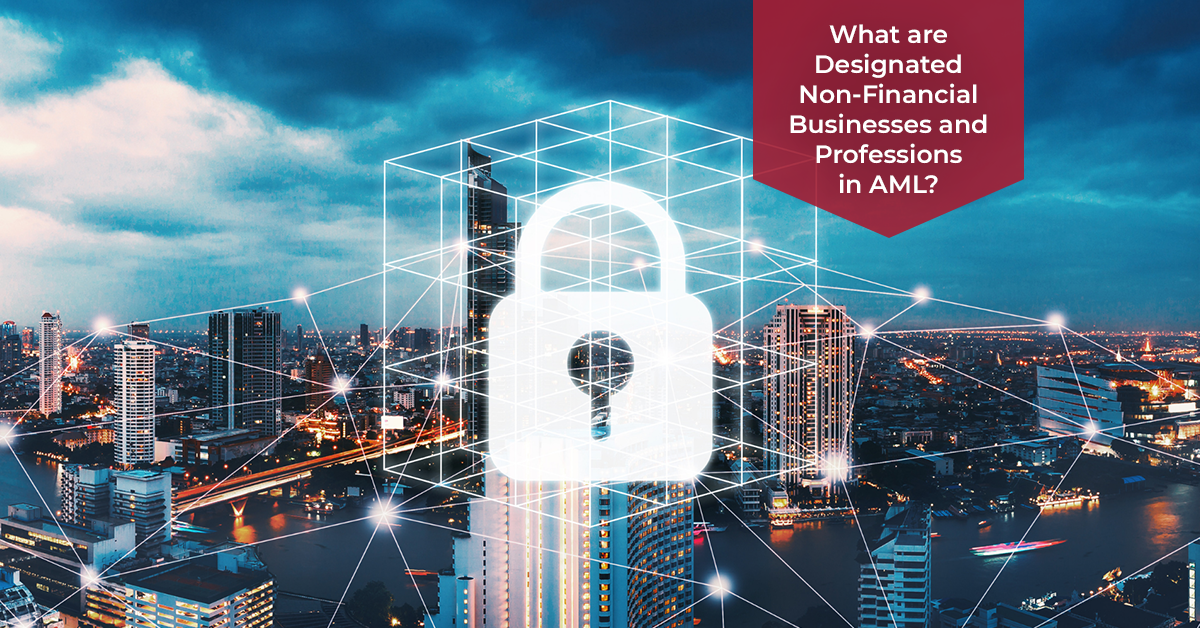
What are Designated Non-Financial Businesses and Professions (DNFBP) in AML?
DNFBP represents occupational groups that are considered risky in the handling of financial crimes. When these occupational groups do not take the necessary measures, they can unintentionally mediate crimes such as money laundering or terrorist financing. Although not financial institutions, some sectors can be quite vulnerable in this respect. DNFBP does not deal with directly detecting financial activities but instead is concerned with tracking money and assets that could potentially be used to launder money. DNFBIPs have an important role in determining, evaluating, and preventing illicit financial activities and actively work in this field. They have the power to influence many different economic channels, so they actively work to keep these channels loyal to global regulatory standards.
Groups of DNFBPs
Different sectors have different levels of security vulnerabilities. Although these sectors are open to manipulation, they have become very important sectors in the fight against financial crimes.
- Casinos: Organizations that deal with activities such as gambling and gaming. This sector is often used especially for money laundering, so it needs to be followed carefully.
- Real estate agents: Professionals who deal with buying and selling real estate. As it requires a large amount of money for buying and selling, it has become a very open sector to exploitation and misuse.
- Merchants of Precious Mines and Stones: Professionals who are interested in the trade of goods with high value. It is often used to convert cash obtained through illegal means into valuable mines. It is preferred as a method of money laundering.
- Legal Professionals: Lawyers, notaries, and other independent legal professionals manage the financial transactions of their clients. Legal professionals can both manipulate financial records and identify non-normal transactions first and feed them to authorities.
- Accountants: Accountants are people who manage and control financial transactions. Therefore, it is in a first-detecting position that also controls non-normal financial transactions.
What are FATF Requirements for DNFBPs?
The FATF has set strict rules for an effective fight against financial crimes. Especially DNFBPs are very important to follow these rules. These rules can be summarized as follows;
- Risk Assessment: DNFBP needs to conduct a risk analysis because the analysis is highly guiding for the measures to be taken as a result.
- Customer Controls: Customer control is important because it is one of the most ideal methods to track illegal activities. In particular, the control of customers with the potential to create risks is an important step to prevent.
- Record Retention: Customer records, investigation files, and similar documents must be kept for at least 5 years. These documents, which can be used during possible investigations, are of great importance.
- Reporting: It is necessary to notify the relevant unit at the moment when suspicious transactions are noticed.
- Internal Controls: Internal rules and controls must be established to manage and minimize risks.
What is DNFBP’s Role in AML?
DNFBPs are occupational groups designated to manage illegal financial activities. These occupational groups are of great importance as they are more vulnerable to financial crimes because the measures taken in these occupational groups are very effective in preventing financial crime.

